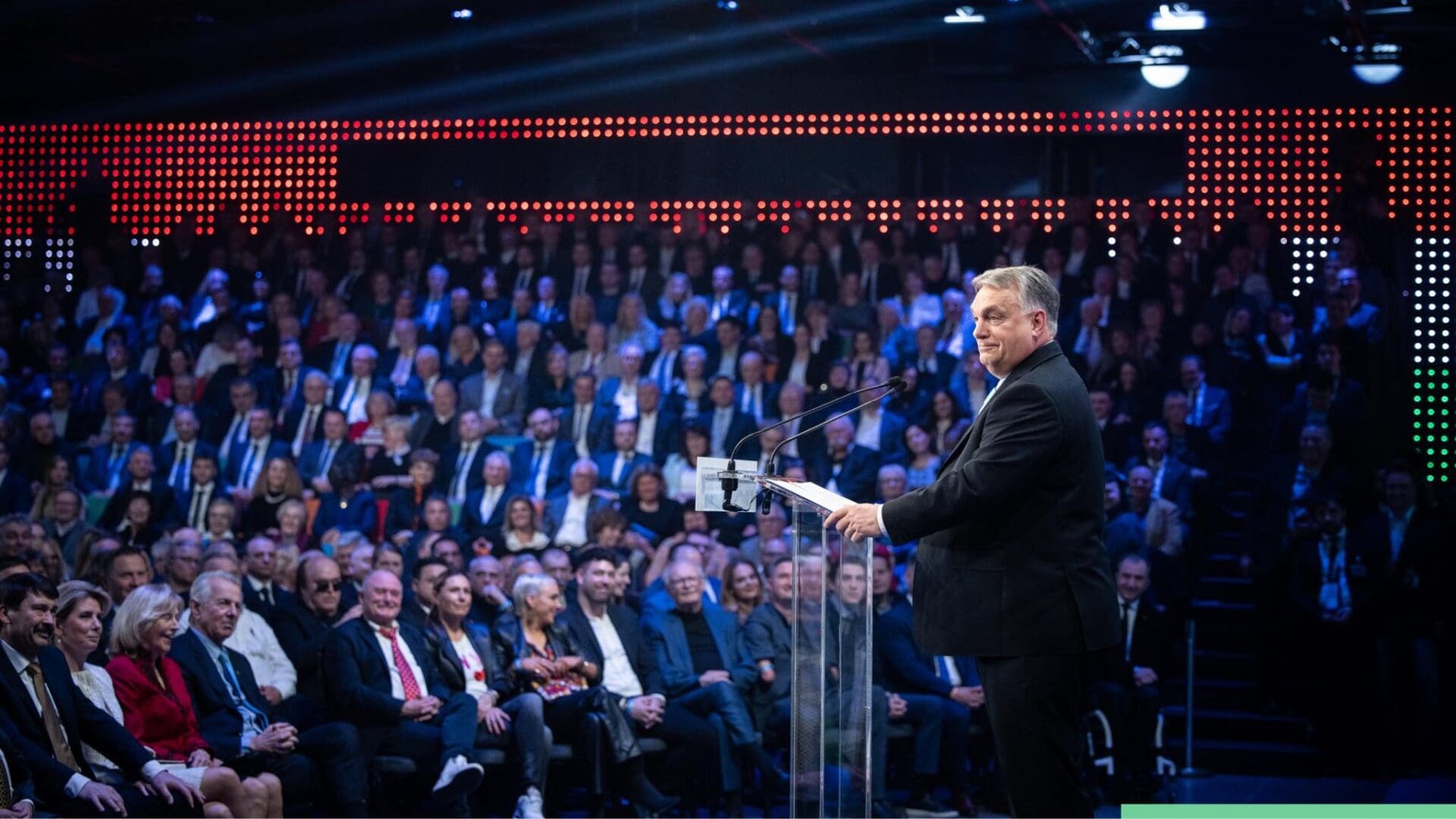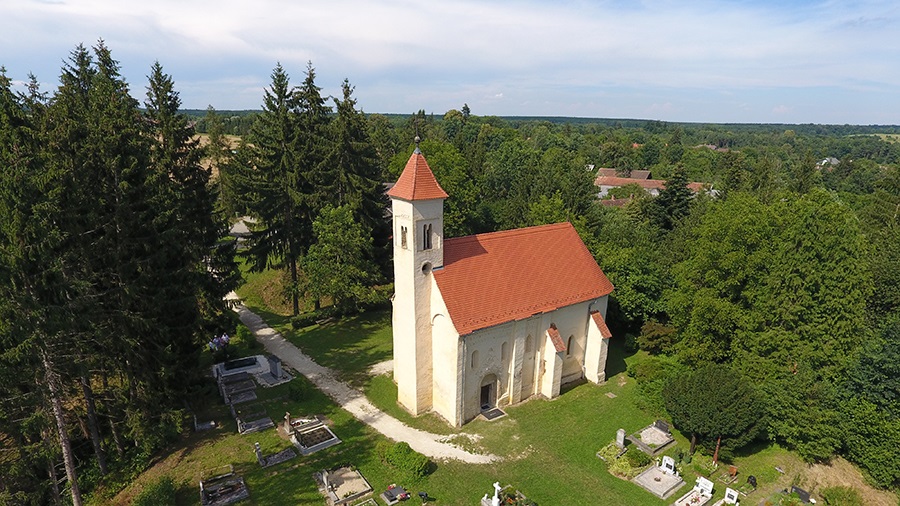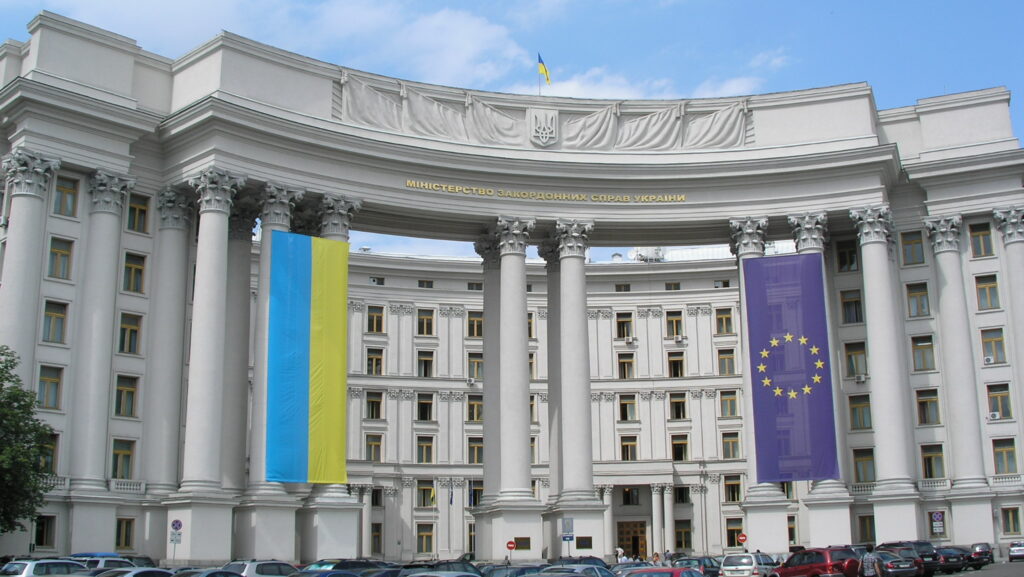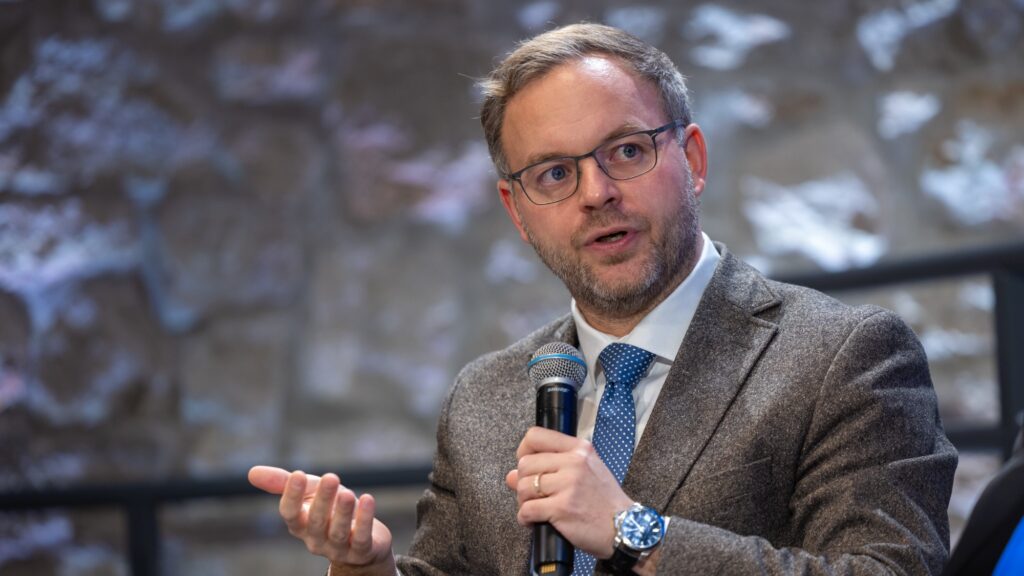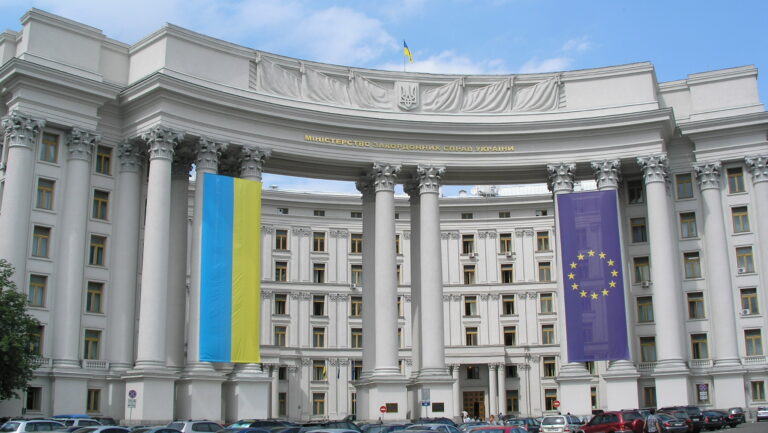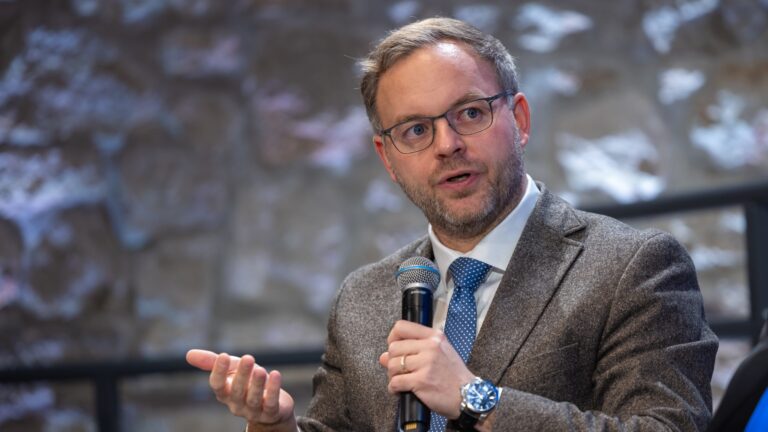As has been the tradition since Viktor Orbán first took office, the spring political season for this year will commence with the Prime Minister’s State of the Nation Address. the Prime Minister will review the past year and underscore the challenges facing Hungary and Fidesz in the coming period at the Várkert Bazaar on 17 February. This will mark the 25th annual review since the Prime Minister delivered his first State of the Nation Address in 1999.
On the occasion of the anniversary, Mandiner has compiled the most significant messages from Prime Minister Orbán’s State of the Nation speeches spanning the past 25 years.
During the first speech in 1999, Orbán likened the then-uncommon genre in Hungary to ‘the tradition of parents marking their children’s growth on the doorpost’. It is noteworthy that initially, the left criticized the annual address; however, it has since become customary even within left-wing parties. For instance, Chairman of the Democratic Coalition Ferenc Gyurcsány will deliver his assessment of the year one week following Viktor Orbán’s.
2002 marks the shortest annual assessment speech by PM Orbán. Leading up to the elections, he characterized 2001 as the year of breakthrough, during which he coined the memorable phrase ‘a country is like a big family.’ Concluding his speech, he encouraged voters: ‘Come out and vote, because a Sunday morning is worth four years.’
The speech in 2003 was special because it was the first time that Viktor Orbán assessed the previous year as an opposition leader, and this largely determined the mood of his address. Despite ‘many arguments against,’ Orbán was in favour of EU membership but criticized the government for having negotiated the wrong conditions during the accession negotiations.
The 2007 speech was also noteworthy, revolving around the theme of the Őszöd speech and the deception of Hungarian voters by the governing Socialists.
It was during this address that Viktor Orbán proclaimed the slogan ‘one country, one flag’, and it was during his 2009 annual speech that he coined the now famous catchphrase: ‘Go, Hungary, go, Hungarians!’
The 2010 speech focused once again on governance, with Fidesz’s victory no longer in question. Orbán pledged the recovery of the country’s economy, the creation of a million new jobs within ten years, and a commitment to bolster public security. Additionally, he assured there would be accountability, but emphasized that his government would not seek revenge. Orbán delivered the subsequent speech as Prime Minister once again. During this address, he unveiled his ‘five-year plan’, delineating each year’s focus: unity in 2010, renewal in 2011, recovery in 2012, further recovery in 2013, and growth in 2014.
The 2016 State of the Nation address was particularly significant due to the 2015 migration crisis, which marked a serious confrontation between Brussels and the Hungarian government. In his speech, Viktor Orbán stated:
‘We will not import crime, anti-Semitism, or homophobia. We will not tolerate illegal immigrant settlements, and gangs will not prey on our wives and daughters. We are committed to preventing and punishing such attempts.’
The Prime Minister’s twentieth annual assessment speech in 2018 was not given much weight because of the anniversary but rather due to the upcoming elections, which cast a shadow over the speech. ‘Hungary comes first for us!’ was the slogan at the time. In that speech, Orbán stressed that the pro-immigration policies of Western European countries
had paved the way for the decline of Christian culture and the rise of Islam.
In 2022, another election year ensued, and the escalating Russian–Ukrainian confrontation—at that time, full-scale war had not yet erupted—also defined the theme of the speech. Orbán stated that this election is about Ferenc Gyurcsány’s desire to return. ‘Hungary is not only under attack by the virus (the coronavirus pandemic), but also by the left,’ he remarked. The Prime Minister also stressed the necessity of averting war in the conflict between Russia and Ukraine. The slogan of the speech was the enduring ‘Let’s move forward, not backward,’ which still resonates in public discourse.
In the 2023 address, the Prime Minister stated that Hungary faced two enemies and two threats: war and inflation. He elaborated extensively on the Russian–Ukrainian war, emphasizing Hungary’s pro-peace stance and highlighting the absence of assistance from Brussels, which has thus far only imposed sanctions.
This year’s speech will be no less significant than previous ones; in fact, it is of particular importance. The European Parliament elections will take place in June, and right-wing parties and political groups are poised to have a stronger presence than ever before. Should they secure a majority in the EP, it could significantly impact cooperation between Hungary and Brussels, presumably in a positive manner. Additionally, Hungary will assume the rotating presidency of the European Council for six months starting in July, during which it will shape the primary EU policy directives. Last but not least, this will mark the first occasion for PM Orbán to address the public since the resignation of President Katalin Novák and former Justice Minister Judit Varga on 10 February, following a scandal involving a pardon decision.
Related articles:

